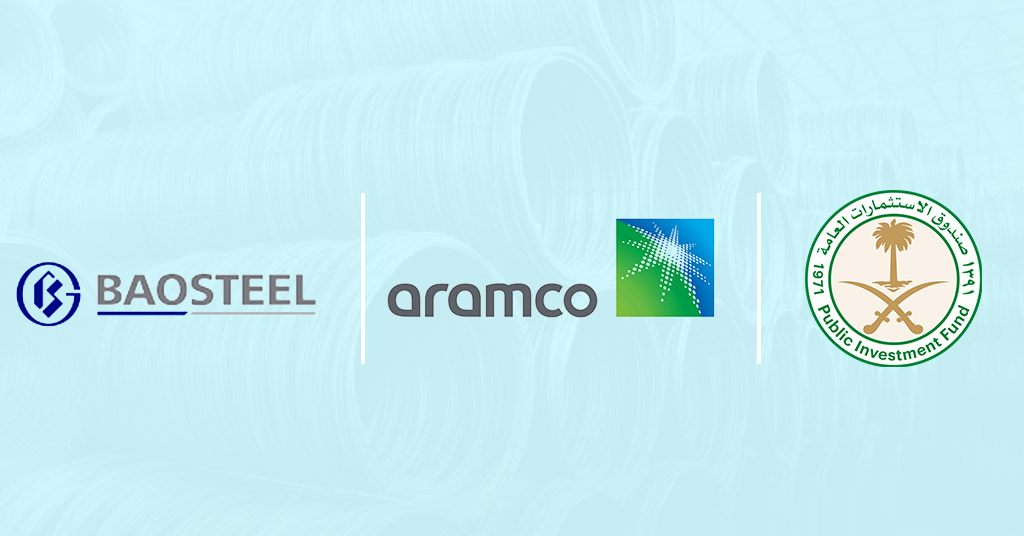Welcome To ChemAnalyst

Saudi Arabia: Aramco, a reputable company in the energy and chemicals industry, has partnered with Baosteel, a global Steel conglomerate, and the Public Investment Fund (PIF) to establish an integrated Steel plate manufacturing complex in the Kingdom of Saudi Arabia. The three companies have signed an agreement to move forward with the project, which is set to boost the manufacturing industry in the country.
The shareholders' agreement marks a significant milestone for the three major players, who will combine their expertise to develop a world-class manufacturing facility for Steel plates, further supporting the development of the country's economic zone.
The joint venture complex is anticipated to occur in Ras al-Khair Industrial City, pending customary regulatory approvals and closing conditions. This location is one of the four new Special Economic Zones.
A new industrial complex is set to be built in Saudi Arabia as Aramco, Baosteel, and PIF join forces to create an unrivalled energy and industrial services ecosystem. The facility will mark a first-of-its-kind project in the Kingdom and the GCC region, which aims to boost the regional Steel industry ecosystem, enhance domestic manufacturing, transfer knowledge, and create export opportunities.
Baosteel's advanced Steel plate industry capability and PIF's strong financial capabilities and investment expertise will come together with Aramco's extensive energy network to catalyze this development.
A new Steel facility is set to open, with an expected capacity of 1.5 million tons per year. The facility will feature a natural gas-based direct reduced iron (DRI) furnace and an electric arc furnace, which aim to reduce CO2 emissions by up to 60% compared to traditional blast furnaces. Additionally, the DRI plant is Hydrogen-compatible without major equipment modifications, potentially further reducing CO2 emissions by up to 90% in the future. This is a significant step forward in reducing Carbon emissions in the Steel-making process.
We use cookies to deliver the best possible experience on our website. To learn more, visit our Privacy Policy. By continuing to use this site or by closing this box, you consent to our use of cookies. More info.
